Bladder Health Awareness Month
Good morning ladies! Let’s talk woman to woman about a situation over 40 million American women experience and are embarrassed to admit they have.
This post is brought to you by Always Discreet. #ad
Several of my girlfriends have shared with me their experience with incontinence, but I know this issue is largely not discussed…which I think is silly because it’s so common! How many of us have had a close call while traveling, or when sneezing, or laughing? I know I have. We need to take the stigma out of talking about bladder leakage ladies because tip-toeing around this topic helps no one and leaves many women feeling alone.
November is Bladder Health Awareness month and with 40% of women over 40 experiencing bladder leaks, it’s way past time we educate women on best bladder health practices so we can start to normalize this conversation.
I’m delighted to partner with Always Discreet once again to open up this discussion because honestly, leaks are no big deal but the health of our bladder is. Bladder health expert, Dr. Renee recently shared some helpful information on behalf of Always Discreet that I want to share with you.
Stress urinary incontinence is the most common form of incontinence among women and affects 15 million adult women in the US. Approximately 23% of women over 60 deal with incontinence. Urinary incontinence is twice as prevalent in women as in men and left untreated can be debilitating. About 17% of women and 16% men over 18 have overactive bladder (OAB) and an estimated 12.2 million adults have urge incontinence.
Hello? That’s a lot of us.
So how can we help treat urinary incontinence?
- Try Kegel exercises which strengthen the muscles of the pelvic floor.
- Quit smoking and caffeine.
- Stay hydrated. Many women try drinking fewer fluids to improve urinary incontinence, but severely limiting fluids leads to more concentrated urine which irritates the bladder and makes things worse.
- Try Cranberry tablets and Vitamin C (no more than 1,000 mg per day) which increase the acidity of urine and can discourage infections.
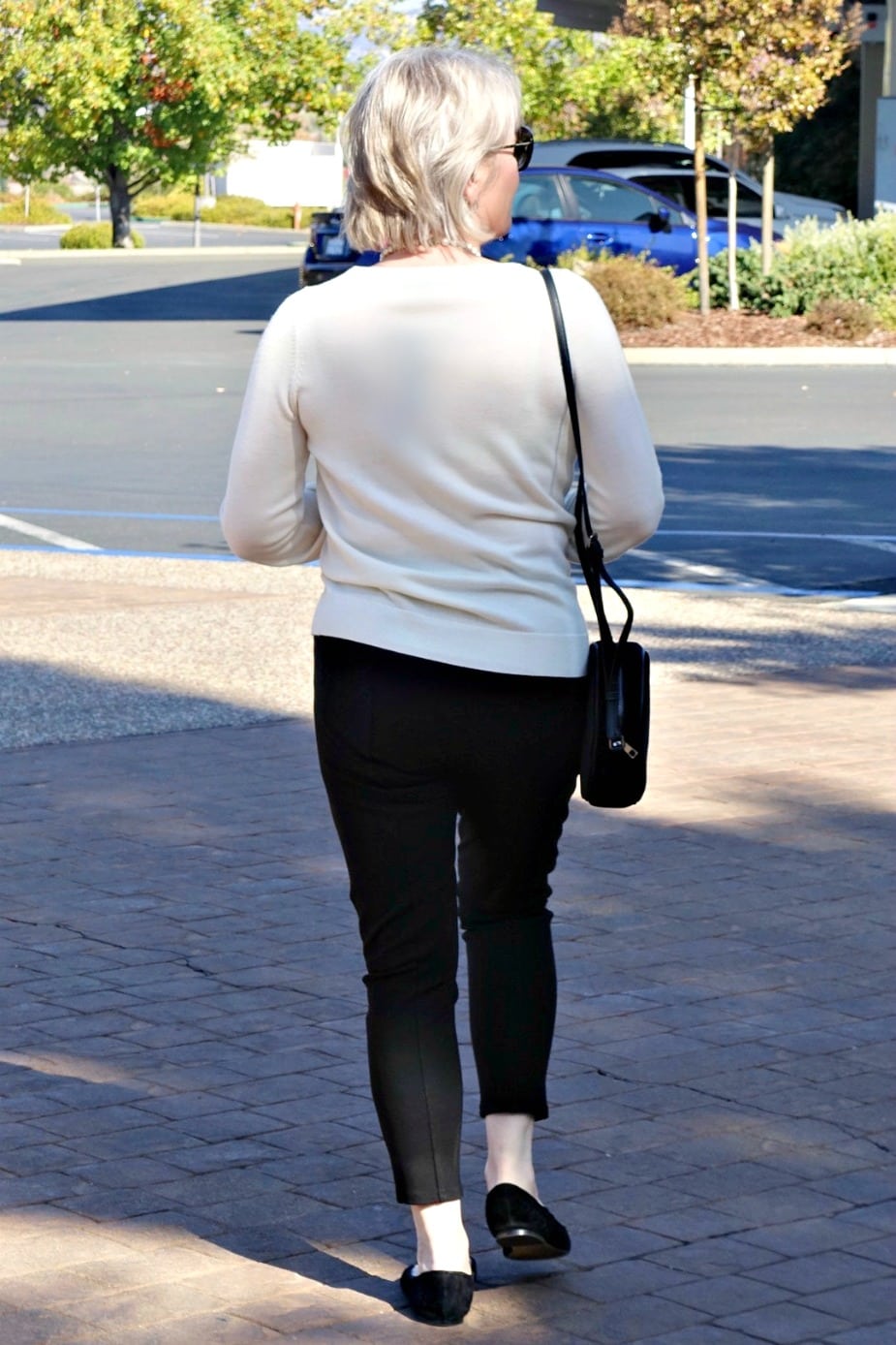
Always Discreet products have a super absorbent core that quickly turns liquid to gel, keeping you dry without all the bulk. Their OdorLock™ Technology neutralizes urine odor instantly and continuously.
Sadly, 45% of women with sensitive bladders feel older than they are and 33% lack the confidence to wear the clothes they love. Over a third of women admit the threat of bladder leaks affects their ability to travel and 62 percent report their sensitive bladder impacts their sleep*. I don’t know about you, but sleep is elusive enough without letting bladder leaks disturb it.
On behalf of Always Discreet, Dr. Renee also shared some bladder diseases that women can experience:
- Cystitis, often from an infection
- Urinary incontinence (loss of bladder control)
- Overactive Bladder, a condition when the bladder squeezes out urine at the wrong time
- Interstitial Cystitis, a chronic problem that causes bladder pain and frequent, urgent urination
- Bladder cancer
Urinary incontinence can occur as a result of some of these diseases and surprisingly, only one in six women dealing with sensitive bladder are using the correct product. In fact, 70% are using period protection¹, which isn’t designed to handle bladder leaks. Always Discreet liners absorb twice as much as menstrual liners.
With Always Discreet, you can dance with the best of them, sneeze and cough to your heart’s content and never miss a chance to laugh your head off.
Confidence is priceless, ladies so don’t let bladder leaks rob you of living your life to the fullest.
Please help get this message out and share this with any women you think may be dealing with bladder leaks.
You can learn more about Always Discreet here and purchase the entire line here at Amazon.
I know this is a topic many women shy away from, but I’d love you to share your thoughts in the comments. Let’s help each other out, ladies!
Thanks for reading and have a great day!
A big thank you to Always Discreet for partnering with me on this post.
Survey:
- The Always Discreet US Survey was conducted using the IPSOS panel that surveyed a total of 400 American Women (aged 35 to 65 years old). Of the 400 women, 200 have experienced any urine loss, bladder weakness in the past three months and 200 had not experienced bladder weakness. Significance testing between the two groups were done at 90% confidence level. The survey was implemented between the dates of September 15, 2015 through September 25, 2015.
*In the study are 65 women with sensitive bladders who use specific products for bladder leaks. *based on average consumer loading **alt. ‘100% discretion’ to be adapted according to local guidance ¹Results from a global survey conducted by Always Discreet, and published in the British Journal of Urology International (BJUI).
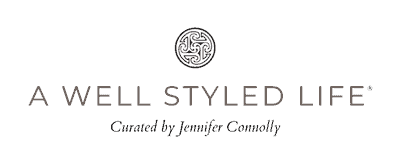

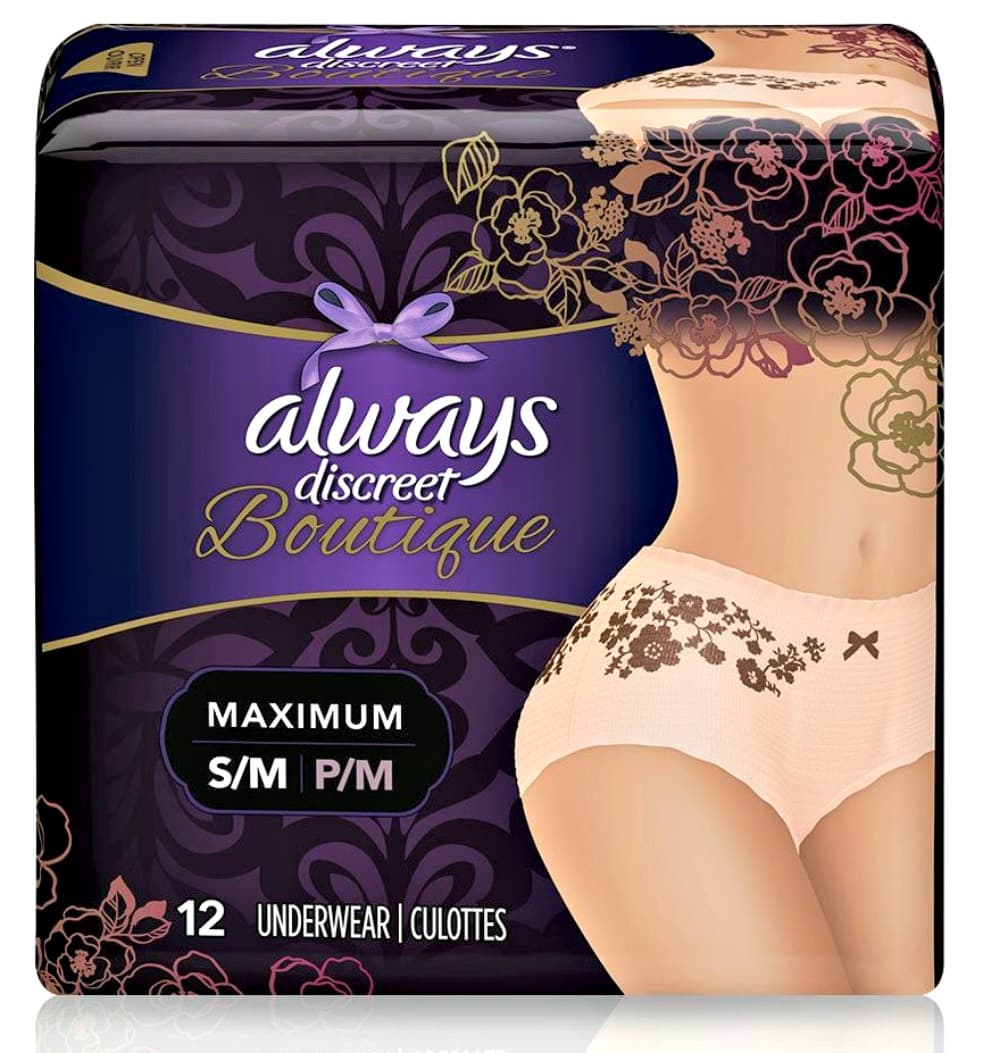
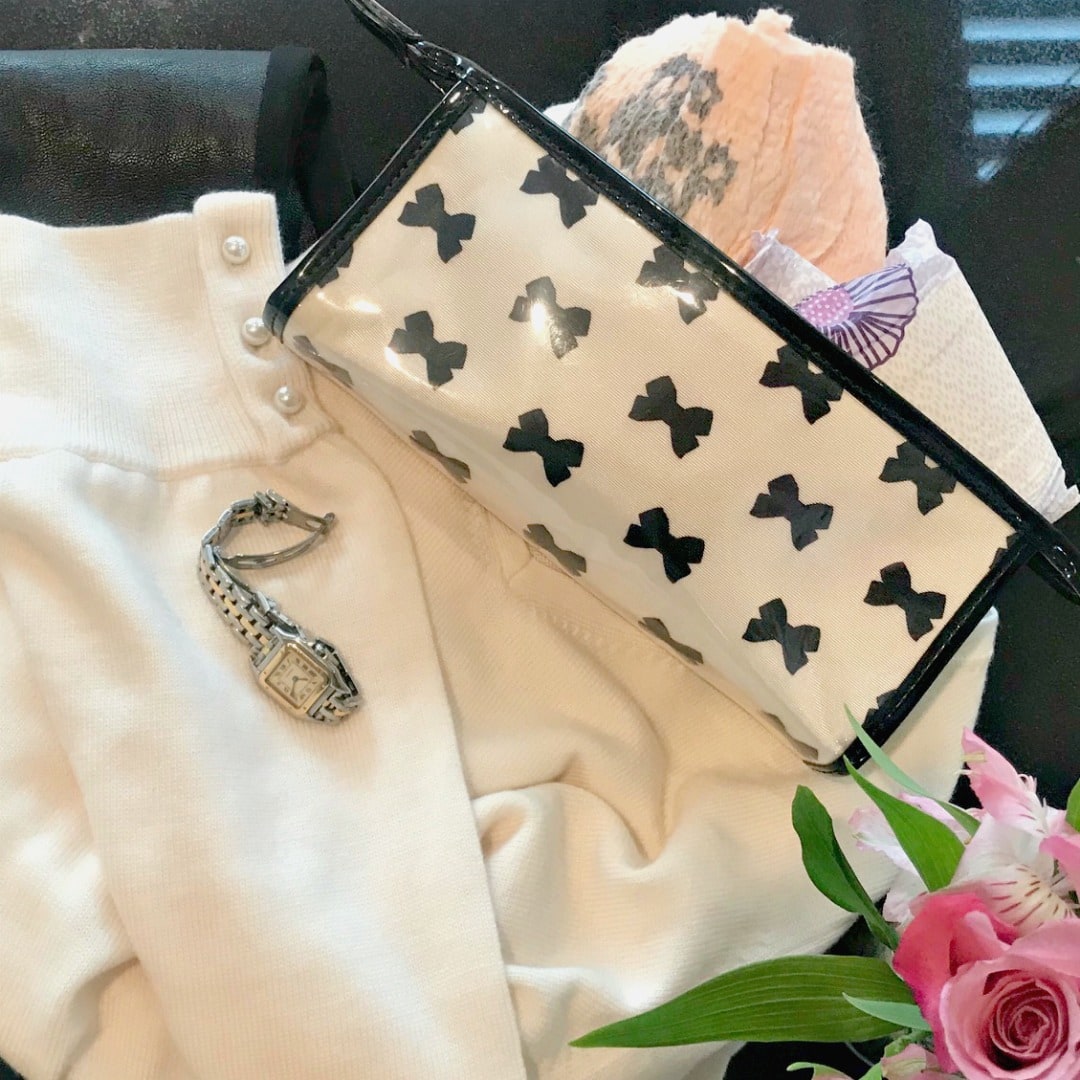
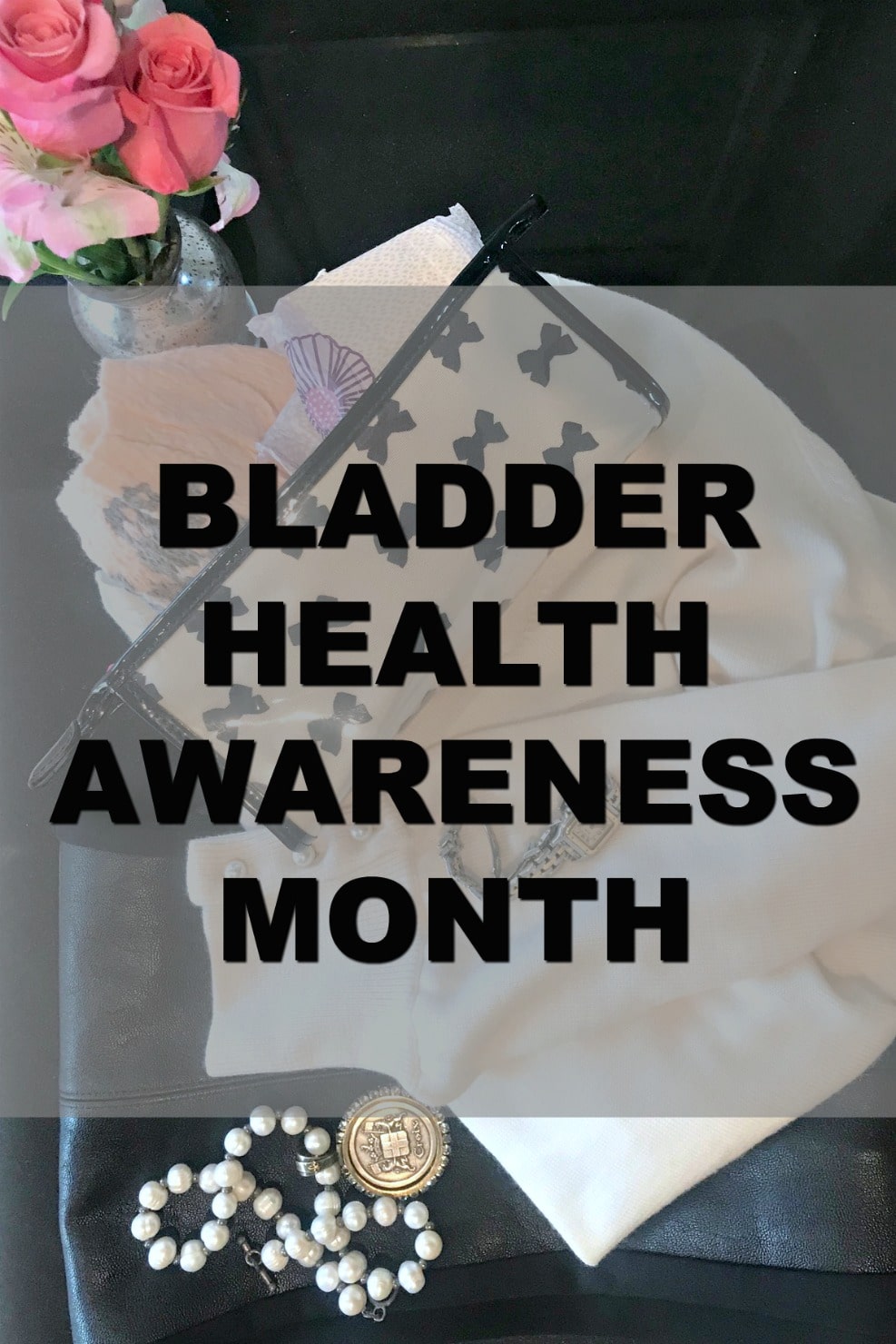
I realize this is an older post, but felt I should comment in hopes it will help someone else. I too had bladder leakage – to a point that I was constantly thinking about what I was doing & if it would happen. The topic came up at a gynecologist appointment with a new doctor. She told me I didn’t need to & shouldn’t live that way, recommending me to a urologist. I had bladder sling surgery – outpatient – & am very happy with the results.
That’s wonderful news Beth! I’m so glad you got the right help. It’s a very disturbing problem. Be well
Hi Jennifer!:
Not only women suffer from bladder leaks.
I’m a male diagnosed with weak pelvic muscles and I have urinary leakage.
After having leakage, almost I quit of going outside because of my urinary leaks. It was hard for me to accept to wear diapers as the toddlers.
Then I decided to wear always discreet boutique underwear. They look so feminine for me but they’re so helpful for my urinary leaks and also they fit nicely as my normal underwear but they look like panties.
Now I wear always discreet boutique underwear and I gave up all my normal underwear.
It was hard for me to say bye bye to all my favorite Reebok underwear and my Puma sports underwear and to accept wearing women’s protective underwear.
Now I can have an active lifestyle and I’m not worried about having a leak when inline skating or walking at the parks.
I have read that finding a physical therapist that specializes in strengthening the pelvic floor can resolve or reduce the severity of this issue. I fortunately do not have this problem and so, cannot speak from experience.
That makes total sense to me Kathy.Thanks for sharing with us.
I have struggled with incontinence for years and written about it often. I am so thankful there are great products out there to help us through. Thank you for writing about this Jennifer!
Thanks for sharing Pam. The more we talk about this, the more women will know they aren’t alone.
I’m so glad that this topic is being addressed more openly and with less embarrassment than in the past. In her later years, my mother’s life was severely limited by bladder leakage issues. She became so fearful of having an “accident” that she refused to leave home. Because women of her generation didn’t talk about such things, she didn’t realize or accept that what she was experiencing was common. Now that I’m older and beginning to experience minor leakage myself, I’m determined not to let it affect me in the same way. I’m a great believer in the importance of doing Kegel exercises and I’m thankful that there are products that will allow me to continue to be active if the problem becomes more significant.
I’m sorry to hear your mother was so negatively impacted. We are lucky to live in a time when bladder leakage isn’t something to be embarrassed about. Thanks so much for sharing Elaine. We are making it easier for all women to know they’re not alone!
I haven’t had a real problem with stress incontinence (yet), but I did have a really awful experience with interstitial cystitis at the beginning of this year. I had never heard of it, and frankly, I’ve always been the one who could go hours without needing a rest area. I ended up having twelve week of instilled treatments (via catheter) in a doctor’s office and had to change my diet to watch for bladder irritants. Unfortunately, a bladder friendly diet excludes tomatoes, chocolate, vinegar, coffee, etc.etc. AND, I was taking cranberry pills and drinking cranberry juice because I though I had a UTI. Turns out cranberry is an irritant if you have IC. ;-p
I was able to tweak my diet and get myself into remission (so grateful!), but I can feel when I eat or drink something that puts me on the edge of a recurrence. Not fun, but much better than living with the ongoing annoyance of feeling like you have a UTI constantly.
Thanks for this discussion, Jennifer. It’s an important topic!
That sounds so painful Laurel. I’m so sorry you had such a nasty infection. I’ve had cystitis and it’s brutal. Thanks for sharing the diet connection with us. We need to share as much info as possible. It’s a very important topic and too many women are dealing with it, feeling alone.
I’m so glad we are talking about this! Thanks Jennifer and those who are sharing your stories for the rest of us. I’m just starting to experience stress incontinence and have never had children so I’m guessing this is another blessing of aging. Very helpful!
Thanks for joining the conversation Janet. It seems to be another blessing some of us can get with age. Not fair but a fact. I’m so proud of my readers for sharing. This is a tough one for many of us and our open discussion helps us all!
Years ago I taught myself to do the Kegel while stopped at red lights. God knows we spend enough time at red lights. I’m 75 and still going (err…not going) strong. Good health habit. Thank you for bringing light to this very normal body function and issue.
That’s a great way to remember Jeanette. Thanks for sharing with us.
I was fine in this area, just using an ordinary mini pad but after being very ill a year ago, including 10 days in intensive care…things all over me changed, hair loss (since totally corrected thanks to a vitamin my detmstologist suggested.) but no help for leaks, when I exercise or sneeze or exert myself in other ways. lol. I use these Always pads every day. I’m a “young at heart ” 72, have had two normal pregnancies. (Doctors etc always ask that when I mention the problem).
Friends do discuss this…..
It amazes me that doctors think pregnancy always causes this! Many men deal with it too so there goes that theory. Thanks for sharing Paulette. The more we normalize this conversation the less alone women will feel. I’m so glad your hair situation was corrected. That’s really hard on our confidence too.
Having spent a fair amount of time in post-surgery ICU, I can relate. I think part of the problem is prolonged use of the catheter when laid up. My dribble problem always gets worse after a hospital stay. (I’m not complaining since it’s those hospital stays that keep me alive!)
That’s a great observation Kay! Catheters are so miserable but as you say, necessary in hospital. Thanks so much for sharing with us.
Paulette, can you share with us what vitamin you took for hair loss; this was another subject Jennifer dealt with and which many of us are struggling. I hope you’ll offer the specific name & amount that helped you. TY!
Thanks for bringing this subject out in the open. I totally agree, let’s take away the stigma by talking about it. Just an added note: if this is a problem for you, talk to your gynecologist! There are things that can be done to help.
Excellent suggestion Ellen. So many women wait years before they mention this to their doctor. It’s nothing to be ashamed of so we need to get over that and get the support we need.
Great article. There is something I want to share. I am 67 and do not have much of an issue with this problem. But I use to. When I changed my sugar substitute from Splenda to Stevia, almost immediately my urge to urinate diapered. That was 15 years ago and all is still good. I could not get to my office (a 30-40 minute drive) without stopping somewhere to use the toilet.
Might be worth altering your sugar substitute to see if it helps.
Wow, Amanda. Thanks so much for sharing that with us! I do know Stevia is reported to be a much healthier sugar substitute.